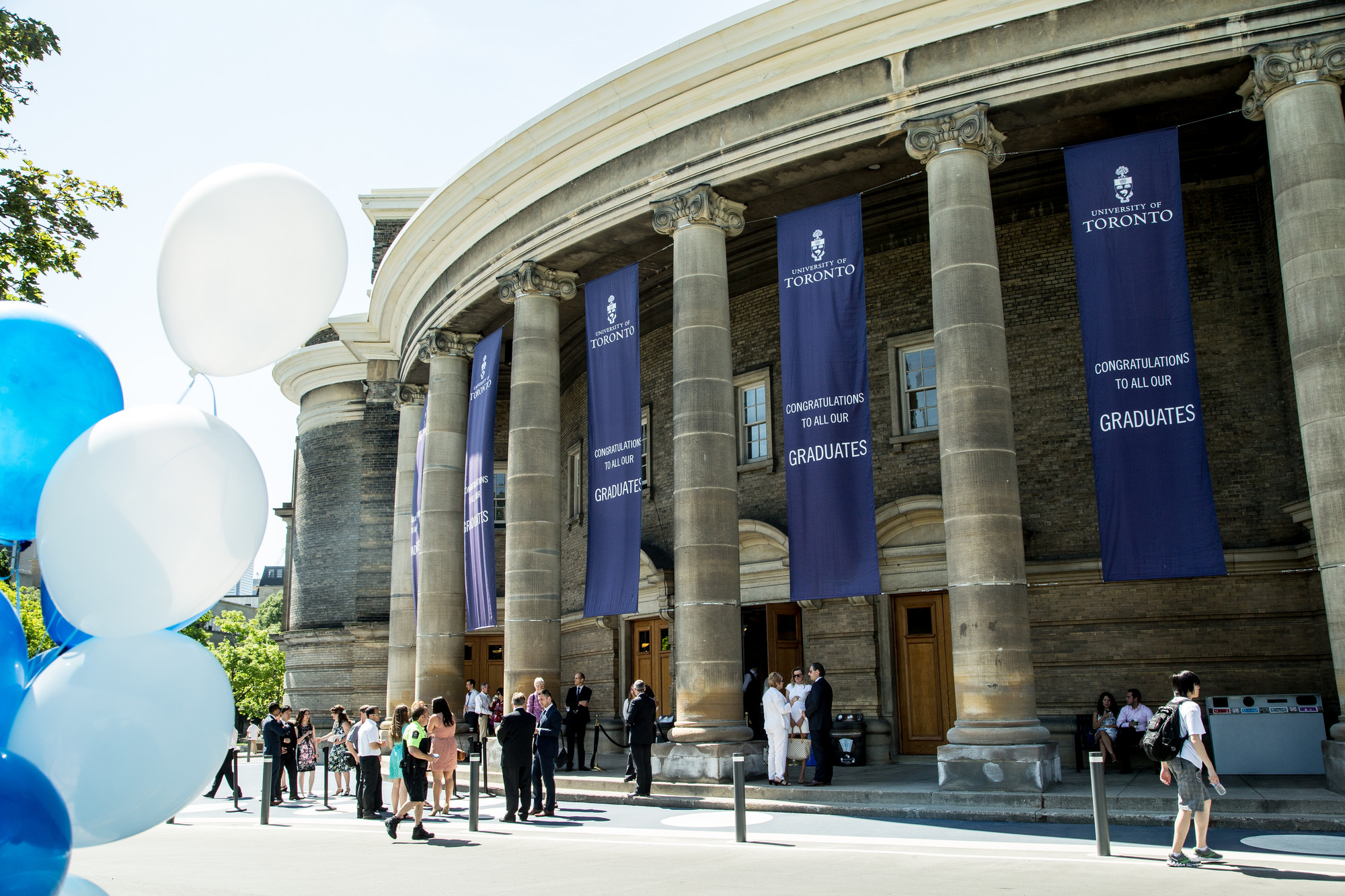Community Repost: Supporting Student Caregivers at University of Toronto’s Libraries
By Yusur Al-Salman, Redefining Traditional Project Lead
Between the rising costs of childcare and the COVID-19 pandemic, entering parenthood as students seems more challenging than ever. And yet, there is growing effort to accommodate the practical needs of student-parents and to address them meaningfully, and one example is in making university libraries family-friendly.

Share your experiences with classroom accommodations – Student Feedback Sessions
Transforming the Instructional Landscape: What We’ve Learned About Transcripts


Written by Georgia Maxwell (Senior Research Assistant) and Marcus Lomboy (Design Research Assistant for Transforming the Instructional Landscape)
For the past four years, the Innovation Hub has teamed up with the Learning Space Management (LSM) Team to examine how learning environments can be improved for both instructors and students.
Designing Virtual Spaces with Accessibility in Mind
By Betelehem Gulilat, Lead Writer & Editor and Philippa Gosine, Senior Research Assistant


Preserving a rich learning environment accessible for all students has been an ongoing commitment for many institutions. As faculties and administrators navigate the complexity of delivering courses online, it’s important for us to turn to our student community to understand the needs of students during this time. Our work at the Innovation Hub is centered around students and their unique stories with the goal of designing a campus experience inclusive for all. We recognize the importance of prioritizing accessibility and hope to inspire our community members to develop equitable strategies for accomodating students in their online learning.
A Glimpse Into the Lives of Disabled Student Parents at the University of Toronto
Written by Terri-Lynn Langdon, Lead Writer and Editor

I am a wheelchair- using mother and a PhD student at OISE in Social Justice Education. When the lockdown in Toronto began we lost access to daycare and we also lost more than one support person (Nurturing Assistants) who felt that their own lives were too disrupted by the pandemic to continue to provide ongoing support to us. Without this direct support neither myself nor my child can shower safely, and I have no means of taking my twenty-one month old outside on my own. On top of which our building has been plagued with significant apartment maintenance issues all summer which has meant I have had to solve big family pandemic issues for 4 months and counting….
Project Primer: Accessibility at Convocation
In the Project Primer series, we’ll be introducing the design projects our team members are tackling this summer. Stay turned to learn about our work in five different areas! First up: Accessibility at Convocation…
Written by Alex, Rhea Makund, Natasha Cuneo, and Kate Welsh
Did you attend your convocation? For increasing numbers of University of Toronto graduates, the answer is yes. In the past five years, the number of graduates participating in their convocation ceremony has risen by 20 %.
Thus, creating an inclusive community for graduating students is becoming increasingly important.

